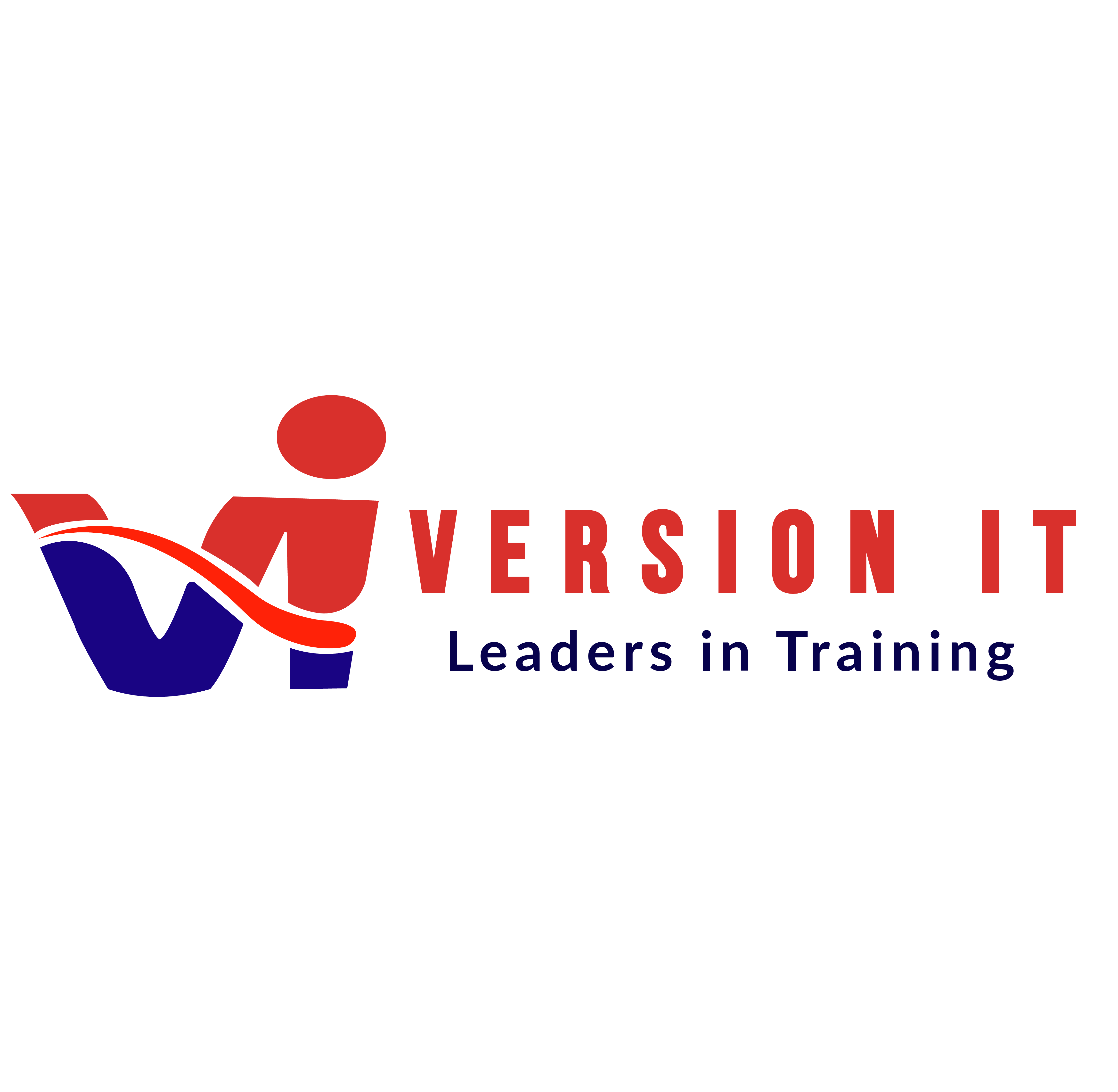The Databricks cloud service was created by the same team that began the Spark research project at UC Berkeley, which eventually became Apache Spark and is the dominant Spark-based analytics platform. This new service, called Microsoft Azure Databricks training
offers data science and data engineering teams a fast, simple, and collaborative Spark-based platform on Azure. It provides Azure customers with a unified platform for Big Data processing and Machine Learning.
Best Azure Databricks training is a Microsoft “first party” offering, the product of a year-long effort between the Microsoft and Databricks teams to integrate Databricks’ Apache Spark-based analytics tool into the Microsoft Azure platform.
Azure Databricks training takes use of Azure’s security and connects smoothly with Azure services like Azure Active Directory, SQL Data Warehouse, and Power BI.
- Apache Spark +Azure Databricks + enterprise cloud = Azure Databricks
- It’s a fully managed version of the open-source Apache Spark analytics, with optimised storage platform connectors for the fastest data access.
- It provides a notebook-oriented Apache Spark as-a-service workspace environment that enables interactive data exploration and cluster management simple.
- It’s a cloud-based machine learning and big data platform that’s safe and secure.
- Scala, Python, R, Java, and SQL are among the languages supported.





